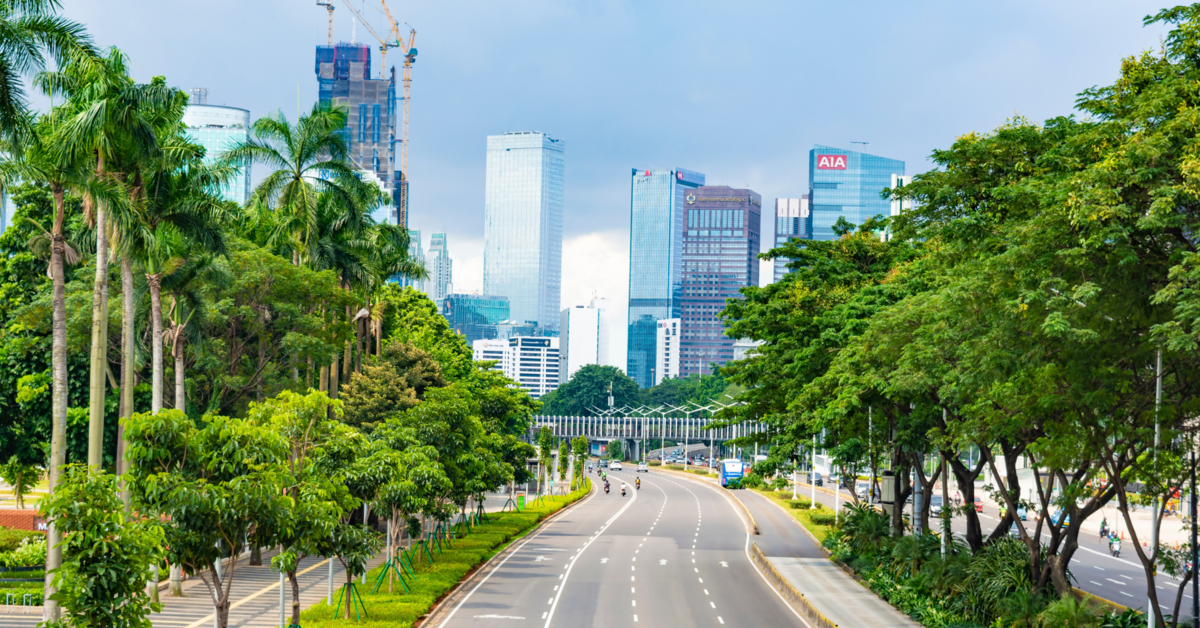Strategic Partnerships with Indo-Pacific
A key output of the ASEAN Summit was the ASEAN Outlook on the Indo-Pacific, which signifies ASEAN’s centrality in maintaining coordination in the geostrategic Asia-Pacific and Indian Ocean region. ASEAN leaders see the association continuing to play a role in maintaining regional integration through dialogue and cooperation. Maritime cooperation is one of the highlights of the outlook, where it re-emphasizes the United Nations Convention on the Law of the Sea (UNCLOS) as the key factor in resolving maritime disputes. Complementing the emphasis on maritime security, economic partnerships between ASEAN and Indo-Pacific countries are seen as further deepening ASEAN’s role in becoming a key promoter of stability.
In the Chairman’s Statement of the 40th and 41st ASEAN Summits, ASEAN leaders continued to maintain regional peace and stability while seeking economic integration and regional connectivity. For instance, ASEAN upgraded its trade relations in post-pandemic economic recovery with Australia and New Zealand through a Joint Statement on The Substantial Conclusion of The ASEAN-Australia-New Zealand Free Trade Area (AANZFTA) Upgrade Negotiations. ASEAN and India also agreed to enhance their relations in energy, health, and investment through a Joint Statement on ASEAN-India Comprehensive Strategic Partnership.
ASEAN enhanced its strategic partnership with the US in terms of security coordination that seeks to promote an open, transparent, resilient, inclusive, and rule-based Indo-Pacific with ASEAN-centered maritime cooperation. Besides maritime and regional security, the US and ASEAN will focus on economic and technological collaboration through projects under a Master Plan on ASEAN Connectivity (MPAC) 2025. The projects will promote net-zero emissions, trade and investment facilitation, resilient supply chains, regional connectivity, and inclusive and sustainable economic growth during the post-pandemic recovery.
In terms of ASEAN’s relations with China, ASEAN leaders extended existing comprehensive cooperation into areas of food security in recognition of the impending crisis. ASEAN-China’s joint statement included a clause focused on food stocks for a population of two billion through commitments to food productivity policy exchanges and deeper cooperation between national governments, local governments, regional organizations and UN agencies. Specific commodities included in the agreement are rice, corn, soybeans and other major crops that are seen as expanding food diversity between the two regions.
ASEAN Internal Dynamics
Conflict in Myanmar loomed large over ASEAN leader discussions. Leaders issued a statement, the ASEAN Leaders’ Review and Decision on the Implementation of the Five-Point Consensus, that reaffirmed Myanmar as an integral part of ASEAN but urged the Myanmar government to comply with the Five-Point Consensus that calls for peace talks between involved parties. The evaluation also reinstated ASEAN’s authority as the decision-maker of the consensus and potential reconsideration of Myanmar’s representation in the group, if warranted.
During the Phnom Penh Summit, ASEAN leaders also put East Timor on a path to full ASEAN membership. It will be an observer at meetings and summit plenaries as it is being considered for full membership. East Timor’s ascension as a member has been a 20-year process. The decision by ASEAN members to consider East Timor’s membership in 2023 means that any final decision will be made at the next summit to be held in Indonesia. ASEAN membership could provide East Timor’s 1.37 million people full access to the entire ASEAN Economic Community.
What to expect from Indonesia’s Chairmanship
President Joko Widodo’s idea of “ASEAN Matters: Epicentrum of Growth” conveyed a message that Indonesia seeks to maintain ASEAN’s resilient economic growth during post-pandemic recovery amidst ongoing geopolitical tensions. Indonesia’s Chairmanship proposes to focus on the topics of the food crisis, possible economic recession and regional peace.
Following the success of Indonesia’s 2022 Presidency of the G20 Forum and its active participation in the Asia-Pacific Economic Cooperation (APEC) grouping, Indonesia’s ASEAN Chairmanship in 2023 is seen by many as another testament to Indonesia’s “independent and active” foreign policy.



